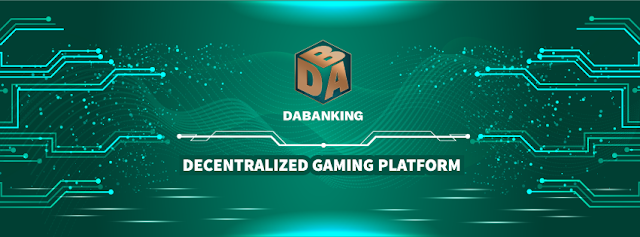AMO - Two Biggest Challenges Hindering Value from Car Data
AMO
Two Biggest Challenges Hindering Value from Car Data
The apparition of car connectivity is upon us. Just like GPS connectivity, car connectivity is now part and parcel of our lives and a jewel in the modern car models. Automotives companies are already generating fat profits from sharing car data. “Data Monetization in Cars” reports that automobiles business models which are embracing car data capturing have a potential to soar up their profits by $33 billion by 2025.
We have seen massive opportunities for sharing and using large data from the connected vehicles. The value chain of the automotive industry is estimated to range from $16-$90 billion, but it mostly depends on the scale of the services. However, the thick of things lies in finding solutions to the current challenges facing the car data.
Automotives industry is currently tussling with two primary challenges which are becoming a norm in the realm of car data. From the grand scheme of things, these challenges are the impasse preventing the companies from extracting the full value of car data.
Achieving success in the car data space, automotive companies will need to take extra steps to incorporate car data analytics into their plans. And identifying challenges will be a crucial step. Therefore, these two challenges are the ultimate cheat sheet which will keep you and your company in the loop.
· Lack of information and management infrastructure,
· And the absence of system sustainability due to lack of ICO-related Experience.
Lack of Information and Management Infrastructure
Lack of information by many dealers and automotive organizations is the main Achilles heels in the car connectivity space. Many organizations are maintaining their conventional approach which is hindering them from exercising full control of car data and connectivity.
Their business model allows no room for radical changes that exclusively focuses on data connectivity innovations. That means data remains under centralized control under specific companies which is impacting the bottom line of the car manufactures, and the entire automotive industry stakeholders. Apart from that, the naked truth is that the vehicle is becoming the information hub. And the truth is something we cannot afford to ignore.
Basing on this reality, it dawns that there are massive technological advances in the last couple of years. Among them include the information generated by the car known as “V2X data”.
V2X data is the data communicated between the “in-car data,” “User data,” and the objects like roadside units. Such information is generated by the different applications integrated into the vehicle. The intricacy arises when the colossal data trail is controlled by only specific users restricting the manufacturers and car users to obtain and extract full its full value.
Also, although the manufactures can get a glimpse of the vehicle data, the management infrastructure design limits the potential of car data scalability.
The absence of system sustainability due to lack of ICO-related Experience
And here is the most puzzling but intriguing problem.
Whether you are car enthusiasts or not, we can agree that a car is a sophisticated organism. Just like any other moving organism, a car consists of innumerable parts that are interconnected and dependent on each other to relay and convey information. A car is a system of software code wired in grand Prix circuits. Therefore, the car data information dissemination and storage should be handled with great care. That begs the question of privacy and sustainability as we bend to the age of connected cars.
The problem of sustainability gets magnified through inadequate architecture or complete lack of it. Blockchain technology seems to be the best option for addressing the reliability and security issues. That may sound easy and encouraging enough, but the process of developing an entirely functional blockchain is not an easy task.
Most automotive firms lack resources and the personnel required to develop their version of the blockchain. Besides, developing such technology would cost automotive companies or data users a fortune.
More interesting, an ICO in the automotive industry need to have exorbitant skills in transportation and automobile infrastructure, high-end technology and profound ability to handle information as well as meet security requirements. Yet, current ICOs lack ability and experience to meet these dire needs. As a result, many automotive fail in technological actualization.
To find out more, download our free whitepaper AMO Blockchain
Our next post we’ll discuss the solutions to these and other car data challenges.
web — https://amo.foundation/
my bct - https: https://bitcointalk.org/index.php?action=profile;u=1580484



Comments
Post a Comment